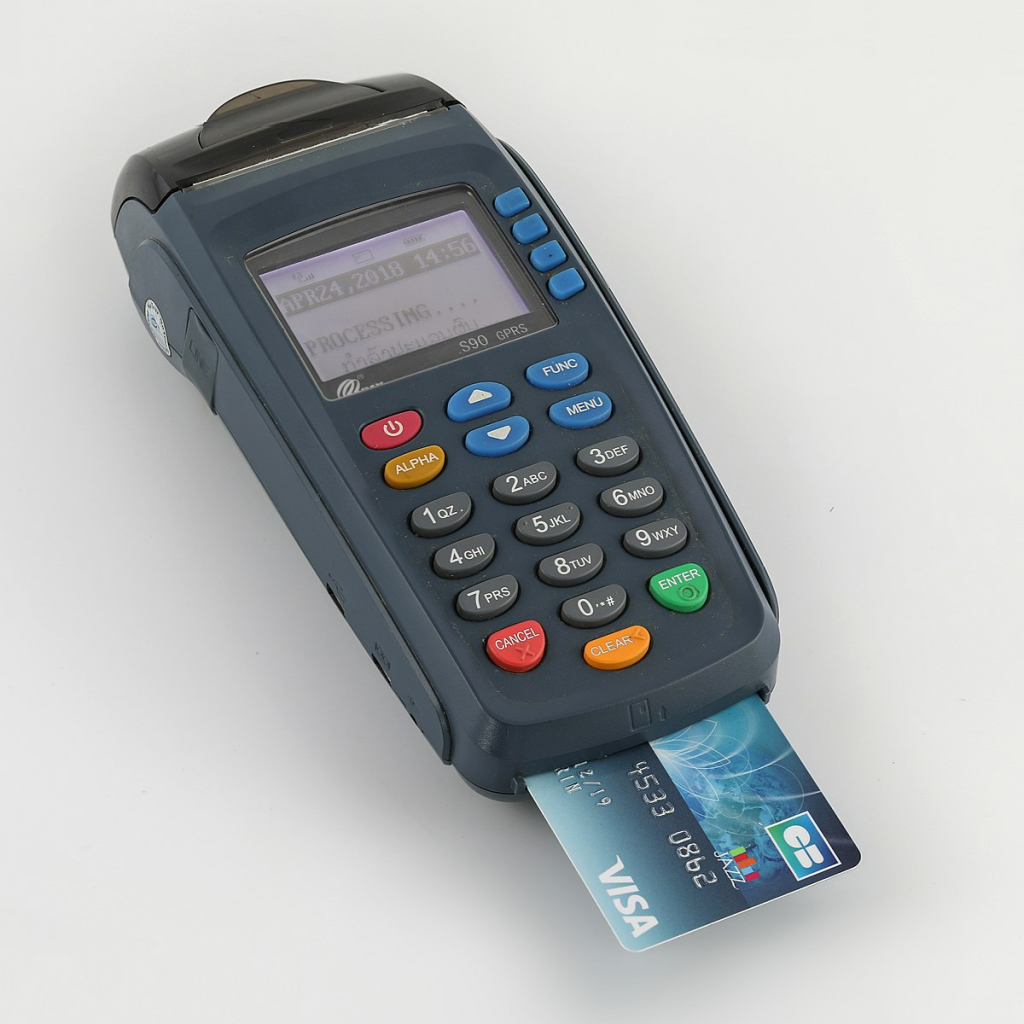Selling credit card models involves moving the vibrant landscape of financial engineering, understanding the evolving needs of firms, and providing answers that improve effectiveness and customer experience. As a retailer, it’s important to position bank card machines not merely as purchase resources but as integrated the different parts of a modern, streamlined organization operation.
One of the important central details in selling charge card machines is showing the advantages they carry to businesses. These models help secure and easy transactions, flexible a variety of cost techniques from standard card swipes to contactless funds and processor inserts. Emphasizing the speed and stability of the transactions is crucial, specially in a global where clients expect easy and rapid cost processes.
Along with transactional effectiveness, vendors should underscore the protection features embedded in contemporary credit card machines. With increasing concerns about knowledge breaches and scam, organizations are keen on adopting alternatives that prioritize the security of economic transactions. Bank card models equipped with security technology and compliance with business requirements give a protected atmosphere for both firms and their customers.
Understanding the diverse needs of companies is paramount in selling charge card machines. Different industries might need particular characteristics, such as for example stock administration integration, tip handling for restaurants, or recurring billing for membership services. Customizing alternatives on the basis of the unique needs of every customer fosters trust and assures that the credit card machine aligns seamlessly making use of their functional processes.
Moreover, dealers need to keep educated about the most recent advancements in bank card device technology. Including attention of emerging developments such as for instance portable payment alternatives, electronic wallets, and the integration of synthetic intelligence in cost systems. Showing an extensive knowledge of the ever-evolving fintech landscape instills assurance in customers, showing them that the answers offered are in the front of business innovation.
Building powerful associations with customers is an integrated aspect of effective charge card unit sales. This requires not just knowledge their quick needs but also expecting potential requirements as their firms grow. Establishing continuous interaction stations and giving responsive customer service subscribe to a positive and enduring partnership.
Teaching customers in regards to the cost-effectiveness of charge card machines is another important facet of the selling process. While there might be a preliminary expense, focusing the long-term savings from paid down money managing, reduced individual problems, and improved purchase sizes can swing firms toward knowing the value of the devices as proper assets as opposed to simple expenses.
Finally, sellers should consider giving extensive training and onboarding support to customers adopting charge card devices for the first time or shifting to replaced systems. This assures an easy integration method, decreases disruptions to everyday operations, and maximizes the advantages of the newest technology. Providing constant instruction options also roles vendorssell credit card machines as useful associates invested in the accomplishment of their clients.

In summary, selling bank card machines needs a multi-faceted approach that combines technological knowledge, a heavy comprehension of customer needs, and powerful interaction skills. By placing credit card machines as transformative tools that improve security, efficiency, and customer care, dealers donate to the modernization and accomplishment of corporations across various industries.